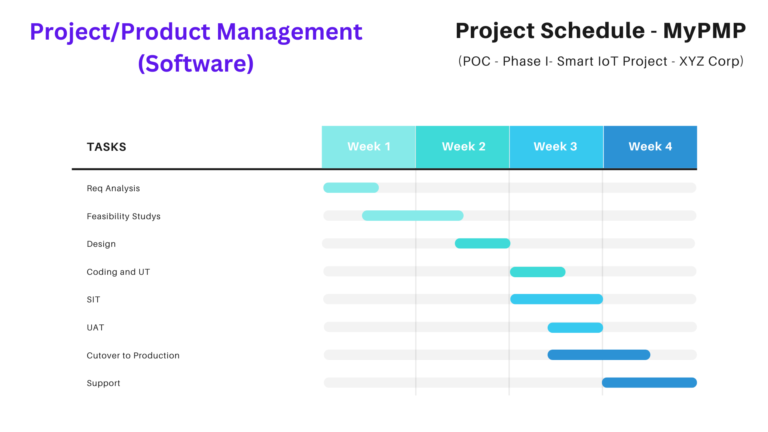Adaptive Approach
An adaptive approach, also called adaptive project management or adaptive methodology, is a flexible and iterative way to manage projects that focuses on learning, changing, and working together all the time.
Adaptive approaches are especially helpful when project requirements are unclear or likely to change, or when the project team needs to react quickly to changes in the business environment or technology. Adaptive approaches are often used in software development, product development, and other projects where the requirements may change over the course of the project.
In an adaptive approach, the project team works in short cycles, or sprints, to deliver a working product or service bit by bit. The results of previous sprints and feedback from stakeholders are used to decide what needs to be done and what needs to be done first for each sprint. Throughout the project, the team works closely with stakeholders to make sure that the product or service being made meets their needs.
Most of the time, adaptive approaches are used with agile methods like Scrum, which focus on teamwork, communication, and quick iterations. Adaptive principles are also used in other agile methods, such as Kanban and Lean.
Some advantages of a flexible approach are:
The ability to act quickly when needs or market conditions change
More satisfaction and participation from stakeholders
Improved quality and productivity by learning and improving all the time
Reduced risk by getting working software or products out early and often
More openness and visibility about the status and progress of the project
But adaptive methods might not be right for all projects. They require a lot of cooperation and communication between team members and other people who have a stake in the project. They may not work as well for projects with clear requirements and a set budget or timeline.
Usage
It is used in Agile Project Management








